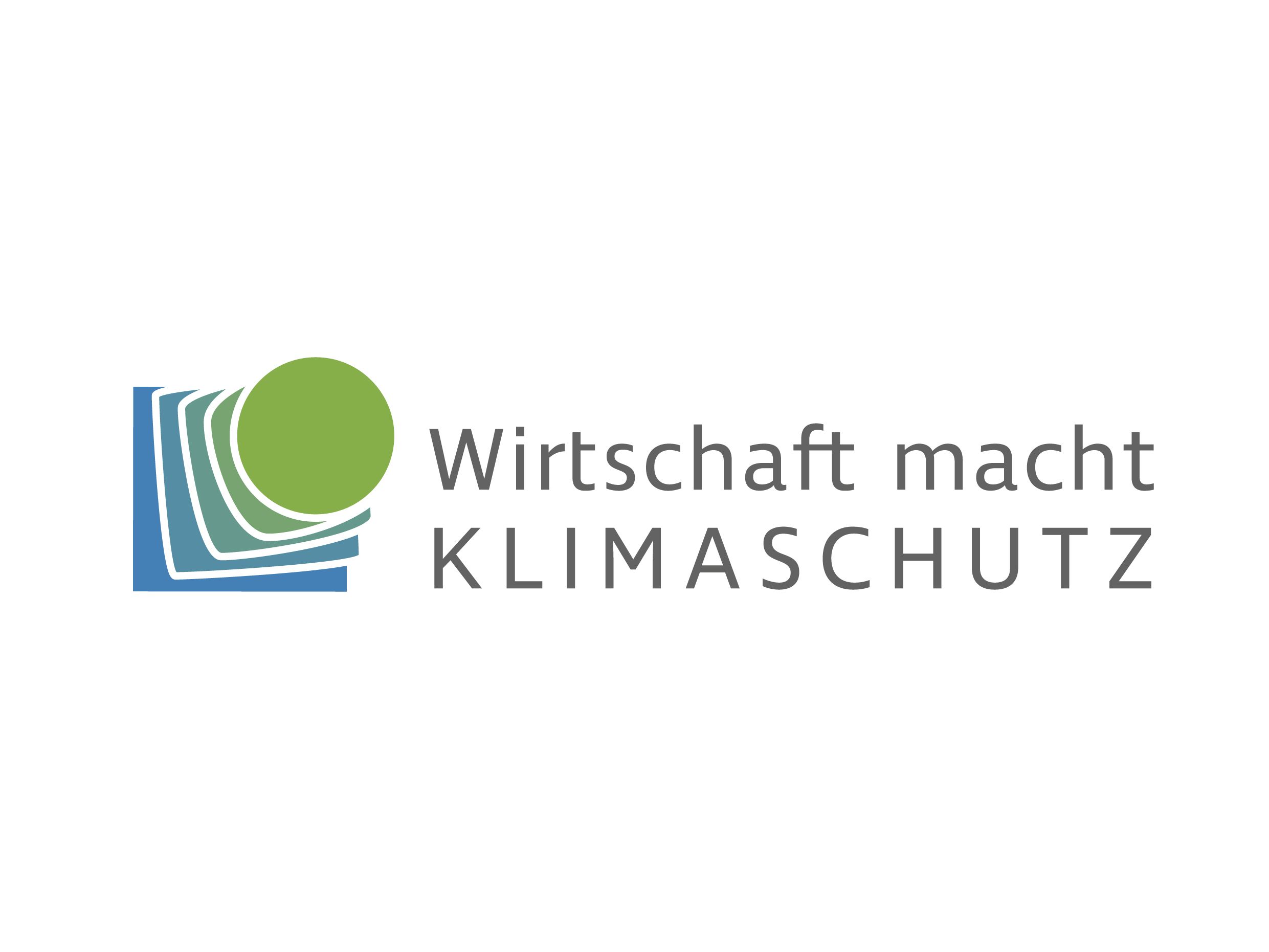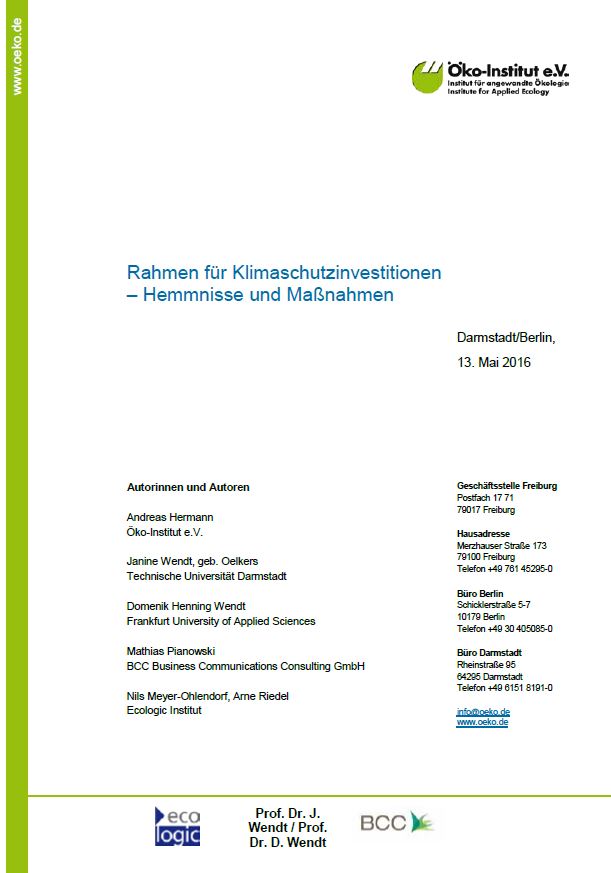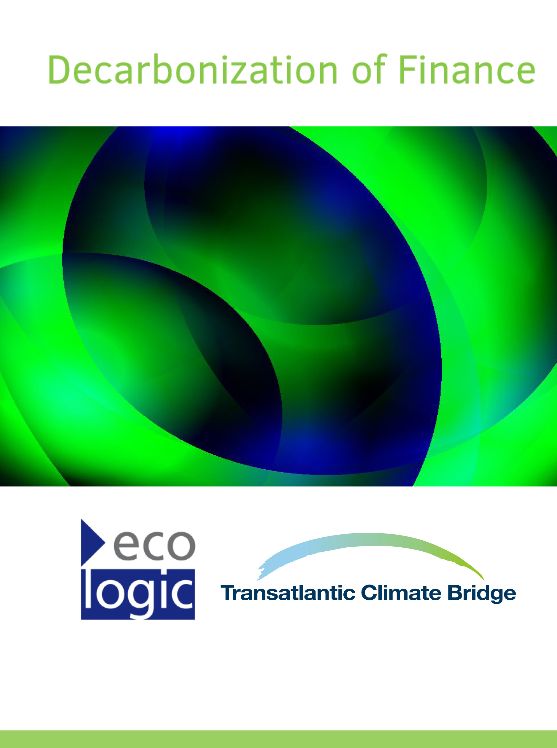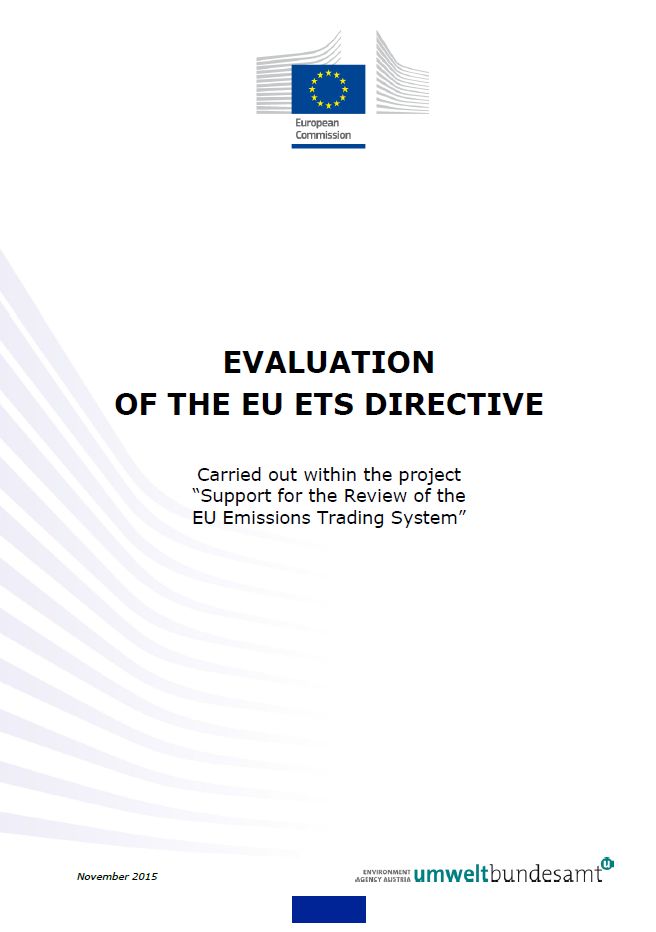A "Green Revolution" on the Financial Market?
- Event
- Date
-
- Location
- Berlin, Germany
- Speaker
On 11 July 2018, the latest edition of the Climate Talk series discuss whether a "green revolution" is underway on the financial market, and how the EU Sustainable Finance Action Plan can benefit Climate Protection. Close to 40 participants contributed to the lively discussion. Sabine Pex (ISS-Oekom), Eva Kracht (BMU) and Karsten Löffler (Frankfurt School of Finance & Management) introduced the topic and sketched their expectations for the future.
In March 2018, the EU Commission presented the Sustainable Finance Action Plan, its blueprint to restructure the financial system towards sustainability. In May, concrete proposals for legislative implementation followed. This includes a list of criteria (taxonomy) to classify sustainable economic activities and guidelines on the transparency of investments. In addition, financial and insurance companies will be obliged to ask their customers about their preference for sustainable products. With the Action Plan, the Commission takes up recommendations that a High-Level Expert Group had developed over the last years. The (ambitious) plan is that the European Parliament and the European Council should come to an agreement by May 2019 so that the legislative proposals can still be implemented during the current EU legislative period.
The ensuing discussion at Climate Talk focused on the following questions: Are the Commission proposals suited to bring sustainable finance into the mainstream – or do they risk staying in the sustainable niche? Where does the German financial sector and the German Government stand in this debate, how could coalitions of more ambitious players emerge? Does Frankfurt risk being left behind by Paris and London, where sustainable finance – supported by strong national policy commitments – has a much bigger role? How can the German government better promote sustainable finance – and what should happen at the national level, at EU level or in the G20?
The sustainable finance debate in the Commission is centered around financial market stability and the contribution of the financial sector to achieving the goal of the Paris Agreement. The Commission's proposals are not clear as to which business activities the regulation will apply to. This was criticized in the discussion, as the unclear wording allows for different interpretations. One interpretation is that the regulation only covers business activities that include sustainable products / services, but not business activities that do not involve such products and services. This would create an increased reporting requirement for the 3% of institutions that offer sustainable finance, while suppliers of conventional finance products would not face any additional transparency requirements. Thus, the regulation would remain a niche regulation and remain irrelevant to the mainstream.
The German financial industry is heterogeneous when it comes to sustainable finance. Some actors are clear pioneers, while others are much more hesitant. In general, the German financial industry Is neither very innovative, nor a driving force in the debate. A more active role could be expected especially from investors with a long time horizon, such as pension funds. At least a larger number of German financial institutions is now a member of the technical expert group for the implementation of the legislative proposals, other than the preceding High-level Expert Group of bodies such as the TCFD.
The German Government has not formulated is position on the legislative proposals. However the topic of sustainable finance has certainly increased in importance, not least since redirecting financial flows is the third goal of the Paris Agreement, after limiting the temperature increase and increasing resilience to climate change. The increased importance of the issue is also reflected in a more prominent position in the internal structure of the environment ministry. Policies should also place greater emphasis on the economic opportunities that arise from the transition to a low-carbon economy, including for the financial sector – a chance that Germany should not miss.








